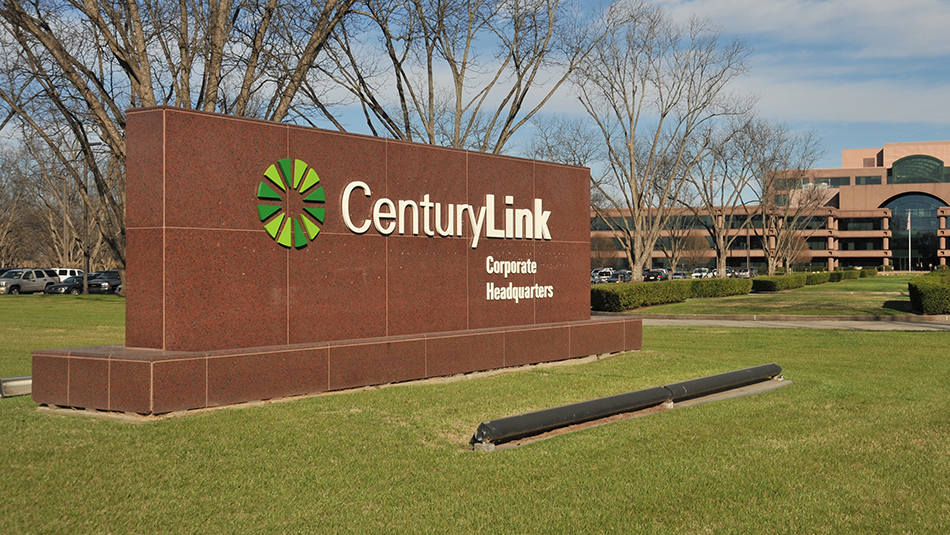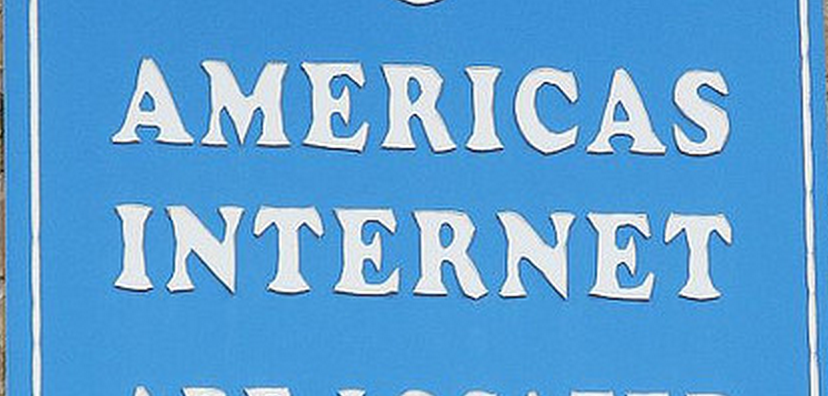From extra, unexpected fees, Broadcast TV charges, or a completely different base price for your service of choice, it’s not uncommon to open your cable or internet bill to find the amount higher than you anticipated. One state is taking on these surprise bills by suing CenturyLink, accusing the cable and phone provider of frequently billing customers at higher rates than sales agents quoted. [More]
broadband
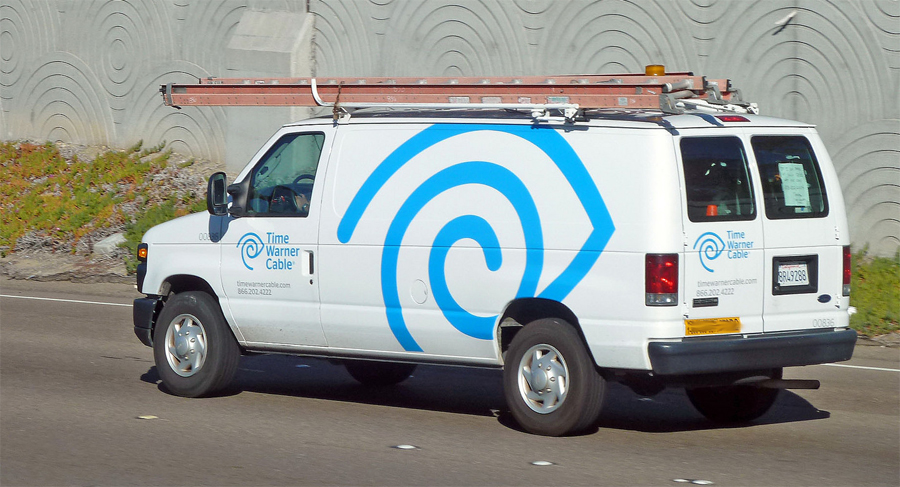
State: Time Warner Cable Defrauded Customers By Advertising Internet Speeds It Couldn’t Provide
Back in 2015, New York Attorney General Eric Schneiderman launched a statewide effort to measure residents’ broadband speeds to see if they were getting the “blazing fast” internet access that the service providers advertised. Today, Schneiderman announced his office is suing New York City’s biggest broadband provider for not only failing to live up to its promises, but for allegedly knowing that many customers couldn’t possibly see the speeds that TWC promised. [More]

Google Begins Testing Tech That Could Become Fiberless Fiber Service
People like fast internet. Google sells fast internet. People like Google’s fast internet. So far, so good. But Google doesn’t really like building Google’s fast internet, because it costs a lot of money, takes a lot of time, and is logistically complicated to build and maintain. One answer to that problem? Taking the wires out of the equation. [More]
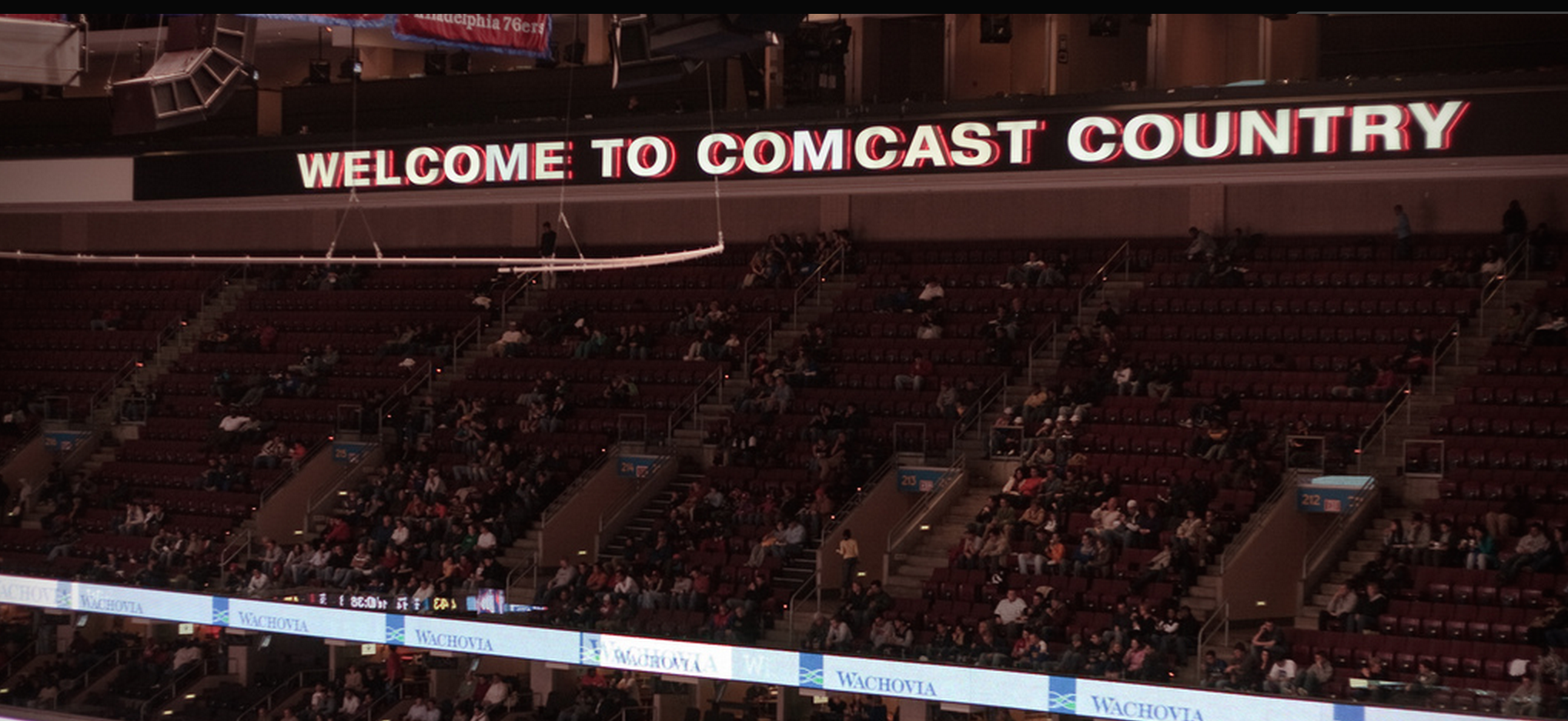
Comcast: Consumers Are Harmed If We Don’t Get To Charge Extra For Privacy
Internet service providers like making money. They don’t like regulations that prevent them from any avenues that could make them money. And they will argue basically anything they can think of to help prevent those regulations from happening. Like, for example, suggesting that you, the consumer, will actively suffer harm if Comcast and others aren’t allowed to charge you extra for keeping your data to yourself. [More]
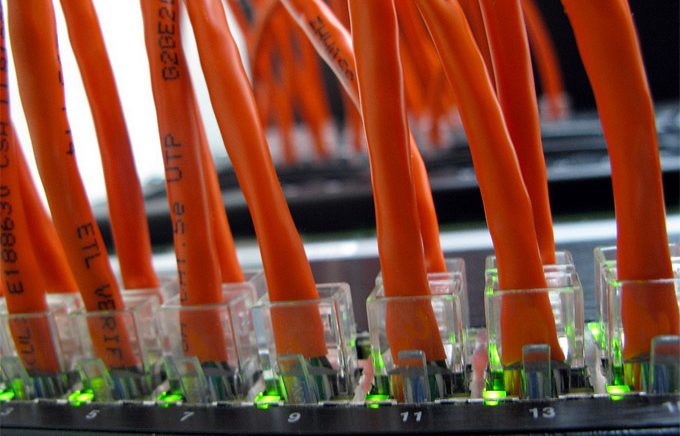
Small States Win: DC, Delaware, And Rhode Island Have Fastest Average Internet In The U.S.
Well, Virginia, we had a good run. The Old Dominion spent a while having the fastest average internet connection in the U.S., but that reign is over. A new report drops Virginia all the way back to 9th place, and puts in a handful of high-achieving newcomers at the top of the heap. [More]
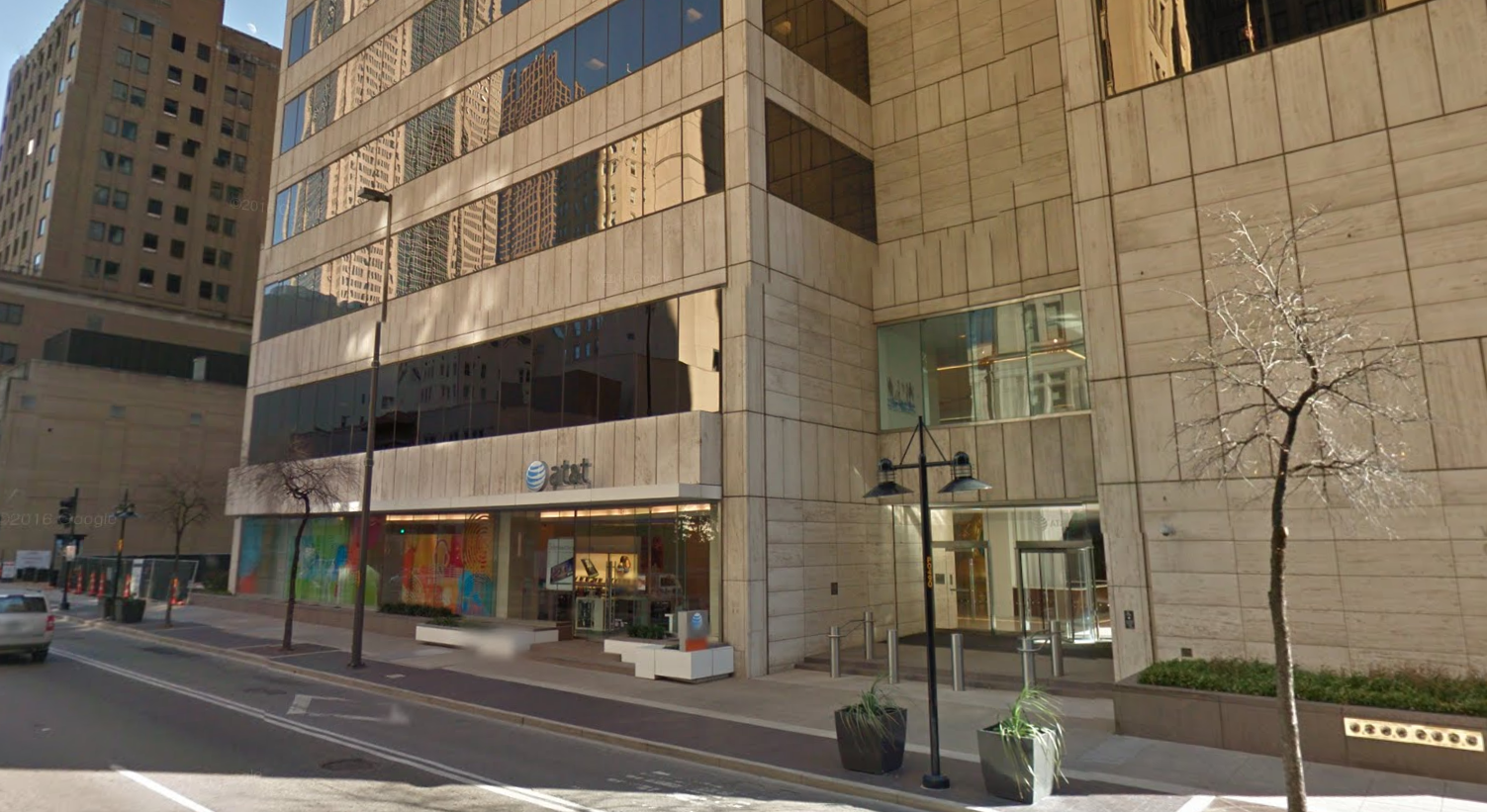
Google Fiber Might Take Broadband Battle To AT&T’s Home Turf
While Google Fiber is going up against AT&T in a number of markets — including Kansas City, Austin, and Atlanta — it has yet to venture into the Death Star’s home turf of Dallas. However, this morning Google announced that Dallas has been added to the list of possible Fiber markets. [More]
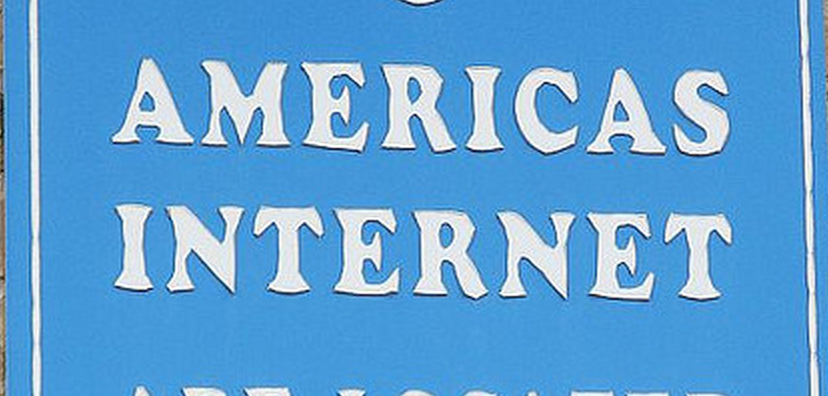
Another Broadband CEO Admits: Data Caps Have Nothing To Do With Capacity
Supporters of internet data caps want to have things both ways: admitting that the monthly usage limits have nothing to do with congestion, while simultaneously arguing that those who use the most should pay more (but not that those who use the least should get any discount). Thus it’s refreshing that one broadband exec both acknowledged the congestion myth and said his company has no intention of instituting caps… at least for now. [More]

Americans Using Incredible Volume Of Mobile Data, Don’t Look To Be Slowing Down Any Time Soon
When businesses, consumer advocates, and government reports all say that the use of mobile data is skyrocketing, they aren’t kidding. An annual survey of the wireless industry shows that we are using more mobile everything, all the time, everywhere — and that the trend shows no signs of slowing down. [More]

Missouri Lawmakers Sneak Municipal Broadband Restrictions Into Traffic Ticket Bill
The legislative process, in theory, brings us laws that have been robustly debated, discussed, compromised on, and perfected. But in reality, legislatures have this thing where lawmakers can often add completely unrelated amendments or riders to bills to accomplish, well, basically any pet goal they want. That’s what’s happened in Missouri this week, and now municipal broadband in the state is under fire from a law about… traffic tickets. [More]

New Frontier Customers Get Bad First Impression After Verizon Sale And Switchover
Back in February, Frontier Communications and Verizon announced a massive deal where Verizon sold broadband, cable TV, and voice markets in California, Texas, and Florida to Frontier. Millions of customers came along with the sale, and they were supposed to be switched from Verizon to Frontier on April 1. Considering how well the switch went, that wasn’t a good date to choose. [More]
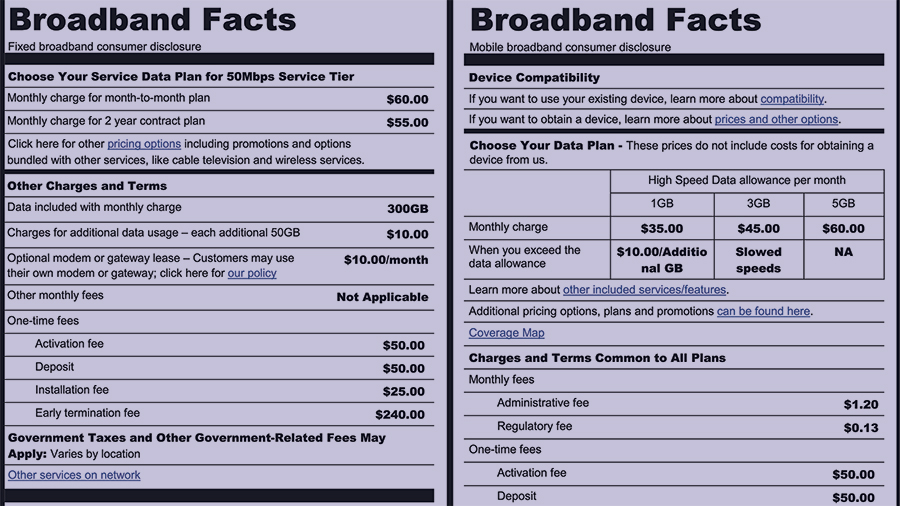
FCC, CFPB Announce Nutrition-Like Labels For Broadband
When the FCC narrowly approved the Open Internet Order a year ago, most of the discussion involved “net neutrality” — the rules against Internet service providers being able to block, slow down, or prioritize access to specific sites and content. However, the Order also contained new transparency rules requiring broadband providers to, well, be more transparent with consumers, which is why today the FCC announced a new labeling system to help keep consumers informed. [More]

FCC Announces Official Lifeline Modernization Proposal, Will Vote On It This Month
Internet access is a necessity, but it’s also kind of a luxury: the poorer you are, the less likely you are to be able to have it. Even while, to keep living in the always-on, always-connected world of the 21st century, you really need it. [More]
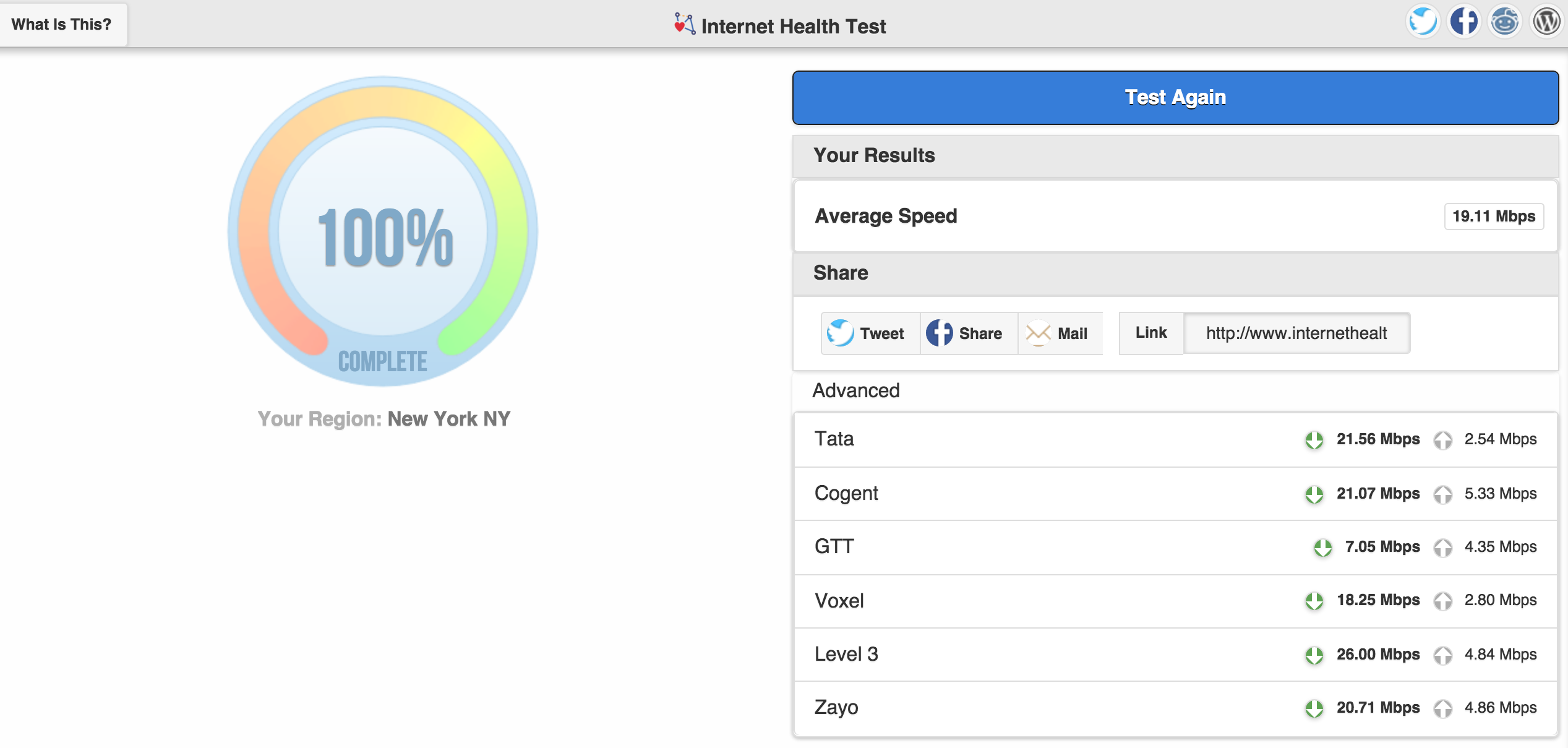
New Yorkers: Here’s How To Help Make Sure You Get The Internet Speed You Pay For
Back in October, New York Attorney General Eric Schneiderman sent letters to three of the state’s biggest broadband providers — Time Warner Cable, Cablevision, and Verizon — seeking information about the connection speeds they market to consumers and the speeds they actually deliver. Now, the state is asking for consumers’ help in seeing if these Internet service providers are being honest. [More]

Google Fiber Sends You Flowers, Hopes You’ll Break Up With Cable Company
While Google Fiber may not be the fastest kid on the block anymore, it’s still faster than most Internet providers and it doesn’t have a long history of making you feel bad just for being a customer. And it knows how to woo, delivering flowers to potential customers in the hope that they will be wooed into a fling with Google. [More]
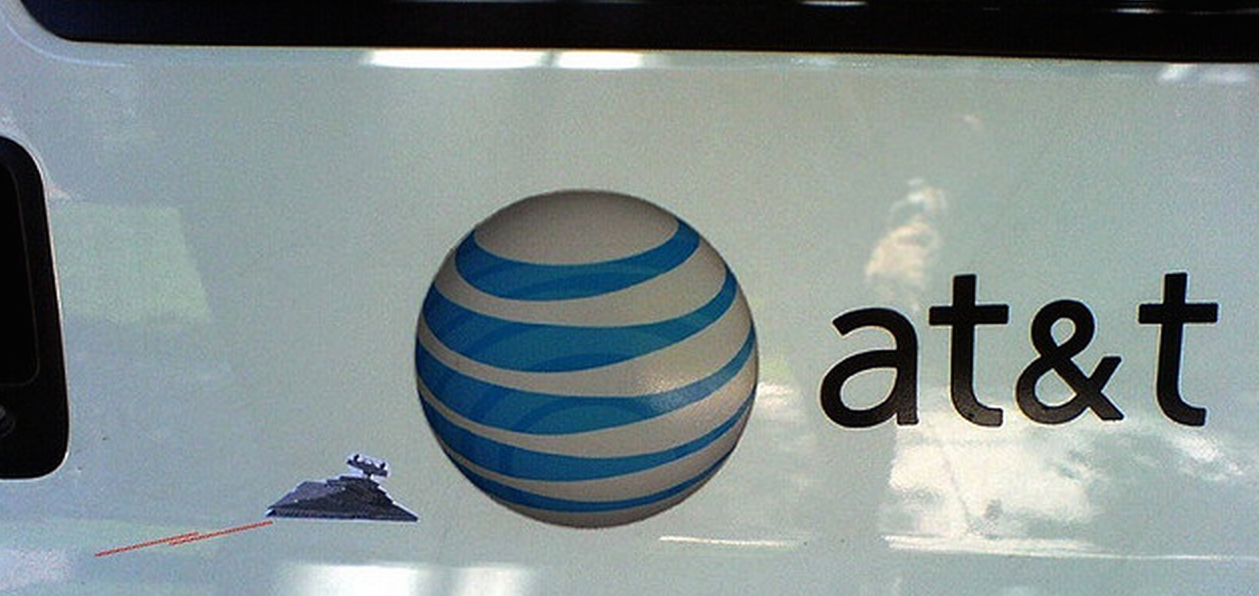
AT&T Testing Wireless Home Broadband In At Least 4 States
AT&T helped grease the wheels for its recent acquisition of DirecTV by promising to bring high-speed wireless broadband to homes in rural America. Now that the merger is official, it’s look like AT&T is beginning to make good on that promise, though a number of questions about the new service still remain. [More]
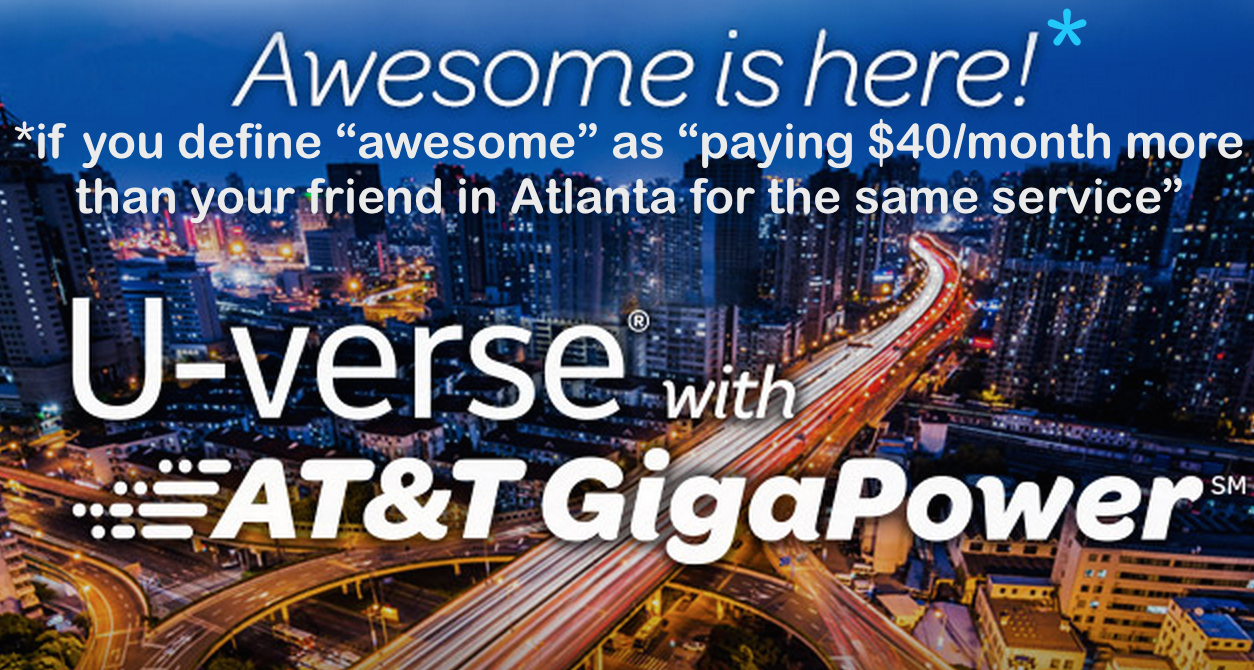
AT&T Touts “Lower Prices” For Gigabit Internet; Still Charges $40 More If Google Fiber Isn’t Around
If you have AT&T wireless service, your voice/data plan is going to cost you the same amount of money each month regardless of your home address. But AT&T’s broadband division isn’t taking this one-price-fits-all approach, and is continuing to sell broadband access that can range in price by $40/month, depending on where you live… and apparently whether Google Fiber is in the area. [More]


